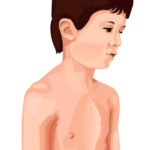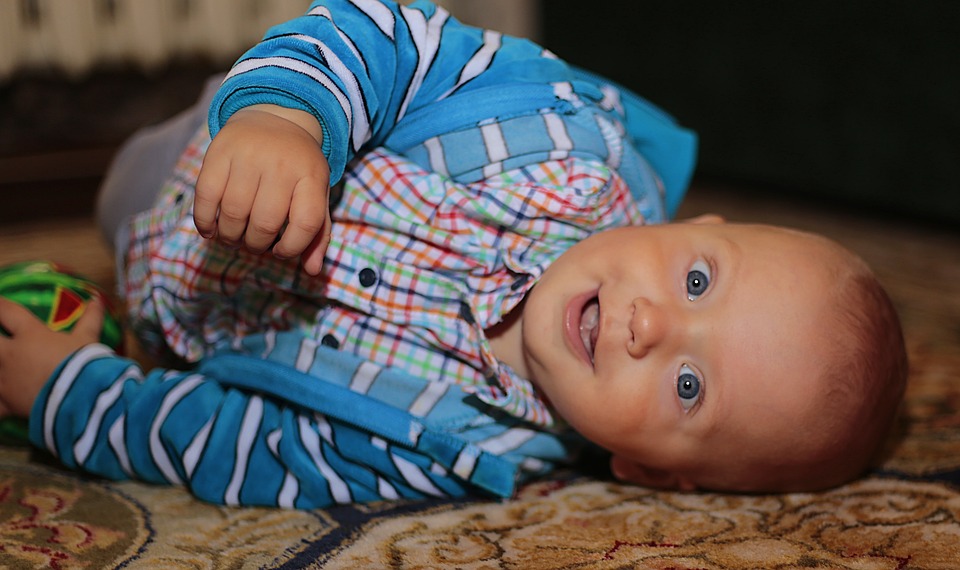Article by: Akshay Sharma
It is said that human beings have three teething processes. The first dentition corresponds to the milk teeth, the second to the final dentition and a third the replacement of dental pieces by dental implants.
Today we are going to deal with the initial stage when the first teeth sprout. When we start being babies we do not keep memories, but it is a painful process similar to the exit of a wisdom tooth.
Most parents are looking forward to the first teeth in the baby. Usually, this happens between the 4th and 5th month of life and does not end until around 3 years of age, an age when children usually have their first teeth.
It is worth mentioning that these periods can vary from one child to another without it being a problem since the output of the baby teeth follows different rhythms in each case.
As a rule, the first teeth to sprout are the lower incisors, which are later followed by the upper ones. Soon after, the molars begin to emerge and, finally, the canines.

Interestingly, this order is not due to chance, what happens is that the incisors allow children to start chewing foods of softer consistency, which are the first to be introduced into the diet, so it is natural that they are the first to appear.
This process is a vital stage for the development and survival of the child, although it is also true that it is also full of shocks as it is a period marked by discomfort, both for the child who experiences a lot of discomforts and for their parents who do not know what to do to relieve them.
Precisely, so that it does not take you by surprise and you are prepared to face the possible complications we reveal the symptoms of the teething symptoms of in the child.
Following are the 5 baby teething symptoms you should know:
1. Increase of drooling:
The teething stimulates the functioning of the salivary glands, which favors an increase in the production of saliva. It is a natural mechanism that facilitates the process of the dentition and promotes the subsequent swallowing of food. However, one of its side effects is the appearance of constant drooling.
2. Irritations on the skin:
Many of the babies who are getting their first teeth often have a kind of irritation around the mouth and chin. This is due to the increase in drooling that irritates the skin of the child due to the acidic pH of the saliva. It is advisable to start kids dental care from an early age.
3. Pain in the gums:
One of the clear symptoms that the teeth are about to come out is the appearance of sharp pain in the gums. This happens because when the baby teeth begin to sprout they have to break the gum, from the bone to the top.
This process generates great discomfort and pain, which can sometimes extend to the cheek.
4. Extreme irritability:
Most of the little ones whose first teeth are coming out tend to be very irritable and uncomfortable most of the day. And it is completely understandable due to the constant drooling, the sensation of discomfort in the whole mouth and the pain that they experience in the gums.
Also, he wants to bite everything. It is normal for children to bring to their mouth as much as they are on their way since that is the way they have to discover their surroundings. However, when they start to get their teeth this habit is accentuated because when biting the objects experience temporary relief of gums.
5. Sleep disorders:
During the baby teething of the first teeth, the baby’s gums hurt most of the time, while experiencing a generalized feeling of discomfort, so it is logical that it is difficult for him to fall asleep and that he wakes up several times during the night.
Also, many of the babies that are going through the teething stage usually have a fever as a result of the inflammation of the gums and the development of possible infections related to their exposure to environmental pathogens. Sometimes, the fever disappears quickly, but sometimes it can last several days.
If your child is suffering from severe pain and cranky, you should consult kids dentist as early as possible.
***sponsored post***subscribe***











More Stories
Promoting Your Own Hair Growth With Garlic Oil
Guide to Bottom Teeth Veneers from a London Cosmetic Dentist
Do These Exercises To Firm Your Breast